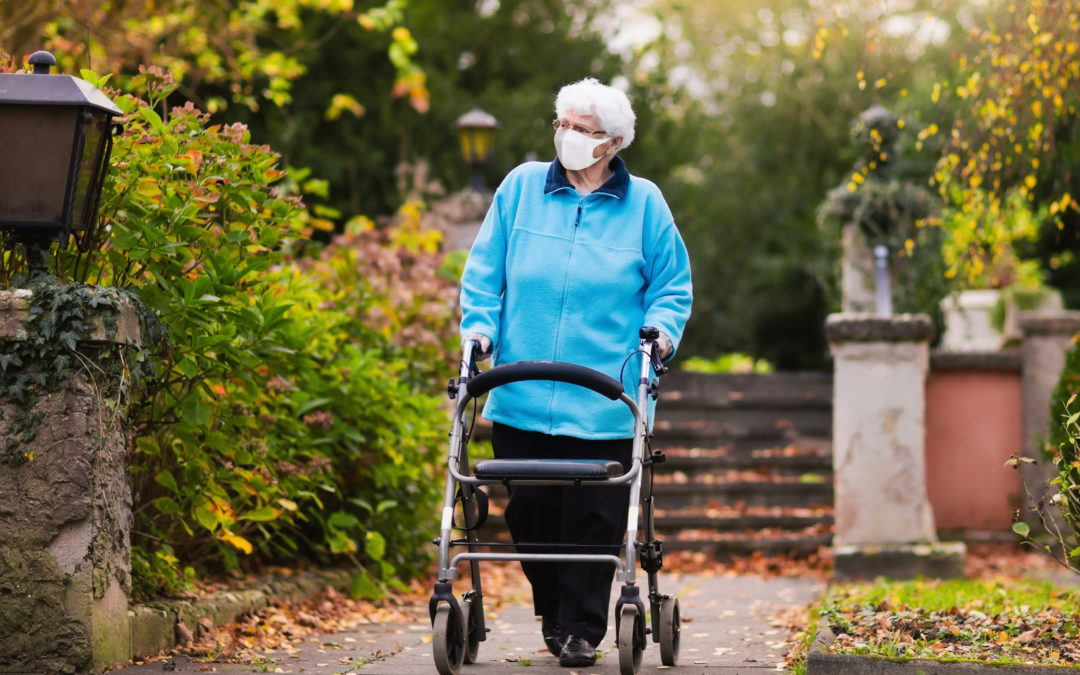Facilities in Some States Have Secured Immunity from COVID-related Lawsuits
According to an Associated Press news article, as of May 4, New York and New Jersey are among 15 states in the nation so far to provide nursing homes with emergency protection against lawsuits related to the coronavirus pandemic. A lobbying effort is underway in other states to secure governors’ orders or have laws enacted to provide legal immunity to nursing homes and long-term care facilities. Meanwhile, nursing home abuse attorneys and patient advocates claim that these immunity measures interfere with efforts to hold facilities responsible for problems that existed long before COVID-19 ravaged the nation’s care centers.
At the time of the article’s publication, over 20,000 American nursing home deaths had occurred as a result of the coronavirus, and in their wake lies the potential for a deluge of lawsuits. Positing that the unprecedented circumstances presented by the pandemic resulted in situations beyond their control, the nursing home industry—led by New York, where the bulk of the nation’s nursing home coronavirus deaths have occurred—claims it should not be held liable for such problems as PPE and testing shortages, reduced staff, and inconsistent orders from authorities.
Generally, among the states that have secured it, the immunity provisions relate to care decisions, injuries, and death that took place during the crisis and were not the result of gross negligence or willful misconduct. However, claims Toby Edelman of the Center for Medicare Advocacy, negligence suits will become difficult to argue as a result of the immunity provisions, as facilities can claim substandard care was the result of the coronavirus outbreak.
“Everything can’t be blamed on COVID-19,” said Edelman. “Other things can happen that are terrible.” That the industry is lobbying for legal protection during a time when the government inspections meant to ensure the quality and competency of elder care have been reduced and when relatives of residents have no physical access to their loved ones is, says Edelman, troubling.
The AP article states that the majority of American nursing homes (70 percent) are operated by for-profit companies, and private-equity firms have purchased and sold hundreds of the country’s 15,000 facilities in the past few years. According to Mike Dark, a California Advocates for Nursing Home Reform attorney, the move by the industry to secure immunity is about the bottom line: it has “everything to do with protecting the financial interests of these big operators.”
In spite of the immunity measures, suggests the Associated Press, litigation against nursing homes is forthcoming. Lawyers will strive to hold facilities accountable for the following actions: ignoring test results,failing to notify residents and family members about COVID outbreaks, and disregarding federal directives to restrict visitation, terminate group activities, and screen workers.
Committed to Holding Negligent Nursing Facilities Accountable
Sometimes a crisis shines a light on issues that have gone undetected for far too long. In these critical times, it’s crucial to ensure that your loved one’s Pennsylvania, Philadelphia, or New Jersey nursing home meets every standard for quality care. It’s important to remember that under-staffing and poor facility conditions amount to neglect. If you’re concerned about the quality of a Philadelphia/PA or NJ facility or you suspect neglect or abuse has occurred at the Pennsylvania, Philadelphia, or New Jersey nursing home where your loved one lives, please contact nursing home abuse attorney Brian P. Murphy to discover your legal rights and options.







